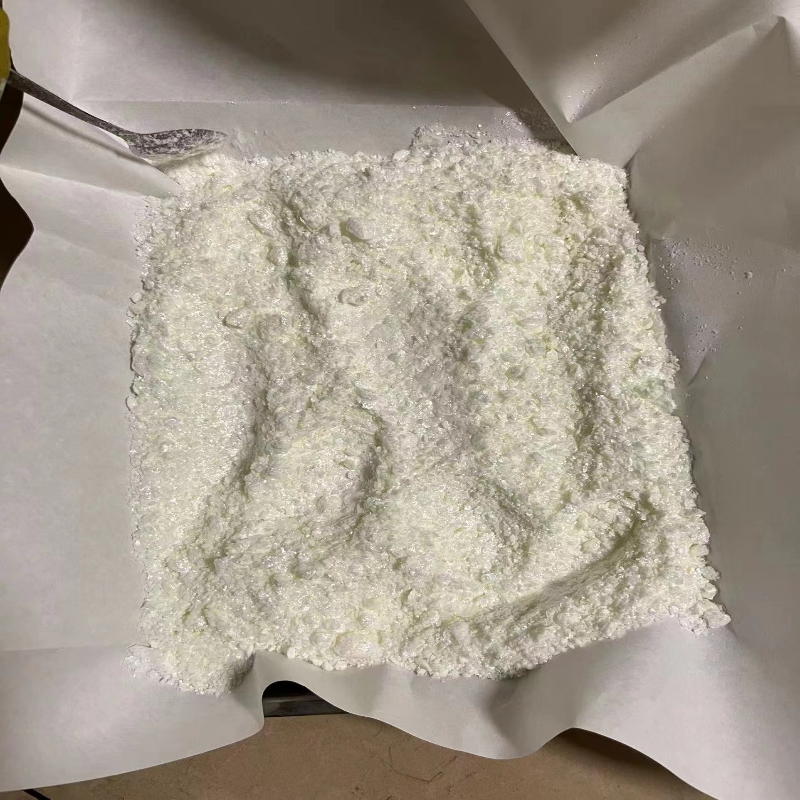-
Categories
-
Pharmaceutical Intermediates
-
Active Pharmaceutical Ingredients
-
Food Additives
- Industrial Coatings
- Agrochemicals
- Dyes and Pigments
- Surfactant
- Flavors and Fragrances
- Chemical Reagents
- Catalyst and Auxiliary
- Natural Products
- Inorganic Chemistry
-
Organic Chemistry
-
Biochemical Engineering
- Analytical Chemistry
-
Cosmetic Ingredient
- Water Treatment Chemical
-
Pharmaceutical Intermediates
Promotion
ECHEMI Mall
Wholesale
Weekly Price
Exhibition
News
-
Trade Service
BASF has once again expanded its product offering for plastic recycling, this time with a specific product portfolio designed for chemical recycli.
Its PuriCycle line of products includes catalysts and adsorbents that selectively remove or convert various impurities in pyrolysis oils derived from chemical recycling of waste plasti.
The purification of waste plastic pyrolysis oil is one of the most demanding technical tasks in plastic chemical recycli.
Detlef Ruff, Senior Vice President Process Catalysts at BASF, said the ability of PuriCycle products to purify these challenging pyrolysis oil streams helps to close the plastic loop, minimize waste and ultimately open up new feedstocks for the chemical indust.
BASF has also developed a range of solutions for the mechanical recycling process, some of which are on display at Plastics Recycling Europe 2022 in Amsterdam, the Netherlands, including technologies and products to identify plastic grades to improve the efficiency of the recycling cleaning process and improve recycling The quality of the polymer materi.
The company demonstrated a mobile near-infrared (NIR) spectroscopy solution called trinamiX, a handheld device that combines a patented near-infrared detector, data analysis, and a user-friendly mobile app to identify plastics in the field, thereby enabling Sorting more accurately; and targeted PET cleaners and defoamers, saving water, energy and process costs during the wa.
BASF also introduced the IrgaCycle range of additives designed to address specific quality issues associated with resin recycling, such as limited processability, poor long-term thermal stability, and insufficient protection from outdoor weathering due to repeated use and disposal of recyclates that disrupt polymer chai.







